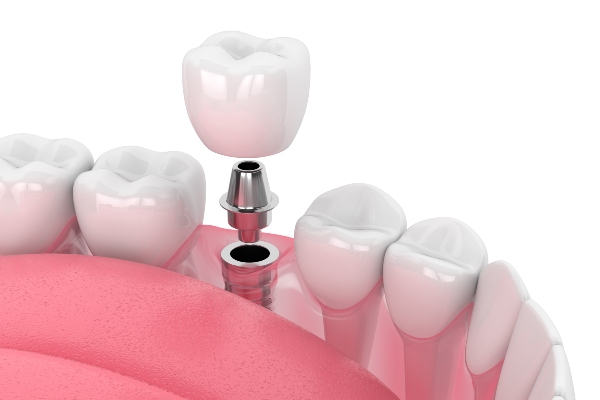 The benefits that general dentistry offices provide can benefit your oral health now and in the future. Even if you do not have any problems with your teeth or gums, regular visits are crucial. One of the biggest issues that dentists see and treat is tooth decay. Cavities can be painful and can eventually destroy teeth. You can take comfort to know that your dentist has the knowledge and training to treat cavities and repair your tooth.
The benefits that general dentistry offices provide can benefit your oral health now and in the future. Even if you do not have any problems with your teeth or gums, regular visits are crucial. One of the biggest issues that dentists see and treat is tooth decay. Cavities can be painful and can eventually destroy teeth. You can take comfort to know that your dentist has the knowledge and training to treat cavities and repair your tooth.
Cavities: A description and what causes them
Cavities are tiny holes that form on the surface of a tooth. A cavity will attack the enamel layer of a tooth, causing deterioration. Untreated, it can eat through the tooth to the dentin layer and deeper. As a cavity grows, it can affect the nerves and root of the tooth, eventually leading to tooth loss.
Brushing at least twice a day will prevent cavities, but neglecting this habit increases the chances of decay forming. Poor flossing can also cause decay. People who eat a diet high in sugar are also prone to having cavities. Not seeing the dentist regularly will also raise a person’s risk of having cavities.
Brushing
Not only can brushing prevent cavities from forming, but this habit can reverse their effects. A general dentistry dentist will advise people with beginning-stage cavities to increase brushing. Brushing will re-mineralize the tooth and strengthen the enamel. Make sure that the toothpaste contains fluoride. Brushing after meals and before bedtime will be most effective.
Fluoride treatments
Another approach the general dentistry office may take is to provide fluoride treatments. This will happen at a regular checkup. It is common to do this for children and teens, but patients of any age can benefit. The dentist may have the patient swish fluoride around in the mouth for 60 seconds. Filling fluoride in a mouthpiece and placing it in the mouth is another option. This treatment can build up the tooth and reverse the formation of cavities.
For deep cavities
Larger cavities will require the services of a general dentistry office. The dentist will take X-rays and examine the patient to determine the extent of the damage. Normally, a filling can repair the cavities and seal the tooth to prevent further issues. For more extensive cavities that a filling cannot support, a root canal may be necessary. To do this, the dentist will drill into the tooth and remove the pulp, which contains nerves and vessels. The dentist then cleans out the tooth and covers it with a crown.
General dentistry can treat your cavities
Along with your dentist, there are some things you can do to reverse the effects of cavities. If you identify the problem early, you can strengthen the tooth without invasive treatment. Good oral hygiene is essential to preventing and fighting cavities. For more widespread cavities, treatments are available to give you the relief you need. If you have concerns about the health of your teeth, call your dentist and make an appointment right away.
Request an appointment or call Eric A. Larson DDS at 801-871-8983 for an appointment in our Salt Lake City office.
Related Posts
Wondering how a damaged tooth can be treated? Read on to learn how general dentistry addresses damaged teeth. A damaged tooth can result from a blow to the mouth, bruxism, and a range of other causes. There are several ways a general dentist can restore the health, appearance, and function of a damaged tooth. This…
One of the more common concerns treated in general dentistry is a toothache. Treating toothaches involves determining the cause(s) of the toothache and treating the underlying concern because a toothache is generally a symptom of a more serious oral health issue.There are numerous ways a dentist can treat a toothache, and the most appropriate solution…
General dentistry focuses on keeping your teeth and gums healthy. Teeth cleanings are one of the staples of general dentistry, and the American Association of Dentists recommends getting them at least two times per year. The procedure protects teeth against tooth decay and gum disease.Tooth decay and gum disease are the top two reasons people…


